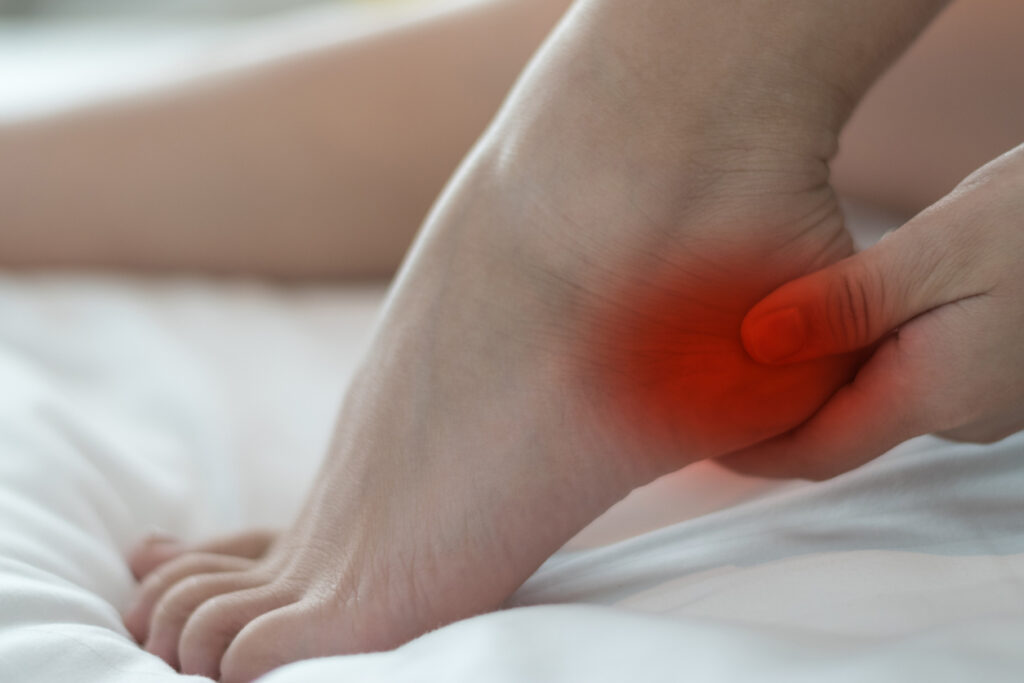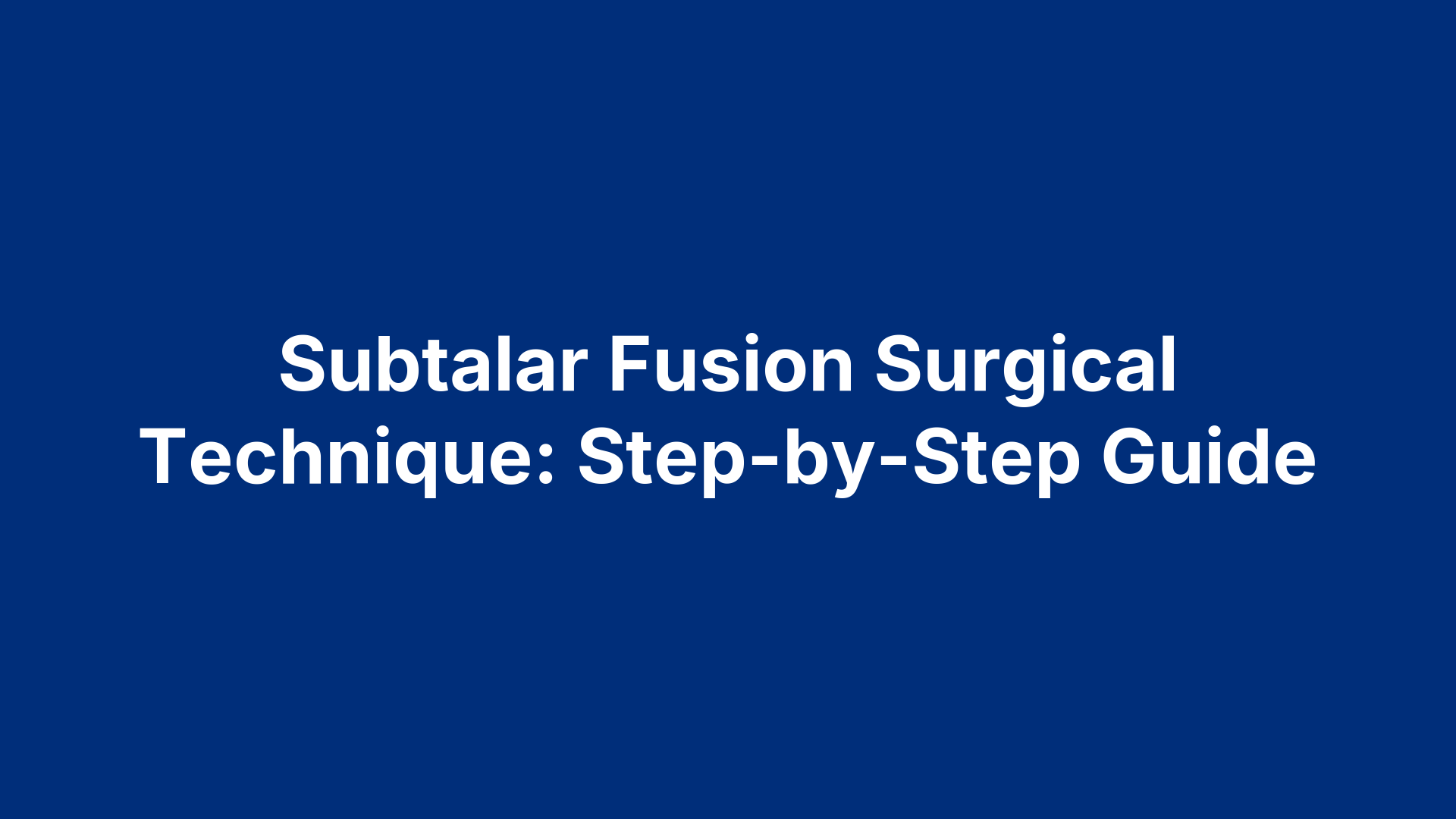Heel pain is a common ailment that can significantly impact daily activities and quality of life. Whether you’re an athlete, a busy professional, or someone who enjoys staying active, experiencing heel pain can be frustrating and debilitating. If you’re a resident of Richmond, you’re in luck, as this vibrant city offers numerous resources and healthcare professionals who can help you find relief from heel pain. In this blog post, we will explore the causes of heel pain, the available treatments, and effective prevention strategies.
Heel pain can manifest in different forms, but the most prevalent condition is plantar fasciitis. Plantar fasciitis occurs when the plantar fascia, a thick band of tissue connecting the heel bone to the toes, becomes inflamed or strained. The most common symptom of plantar fasciitis is a sharp, stabbing pain in the bottom of the heel, which is often more pronounced in the morning or after prolonged rest periods.

Causes of Heel Pain: Several factors can contribute to the development of heel pain:
- Overuse and excessive physical activity: High-impact activities such as running, jumping, or prolonged standing can strain the plantar fascia, leading to heel pain.
- Poor footwear choices: Wearing ill-fitting shoes, those lacking proper arch support, or inadequate cushioning can exacerbate heel pain or even contribute to its onset.
- Foot structure and biomechanical issues: Flat feet, high arches, or abnormal gait patterns can place extra stress on the plantar fascia, leading to inflammation and discomfort.
- Age and weight: Heel pain is more common in individuals who are overweight or obese, as the excess weight places additional pressure on the feet. Furthermore, as we age, the natural wear and tear on the feet can contribute to heel pain.
Treatment Options: Fortunately, several effective treatments are available to alleviate heel pain. It’s essential to consult with a healthcare professional or a podiatrist to determine the most suitable course of action for your specific condition. Here are some standard treatment options:
- Rest and ice: Taking a break from activities that worsen the pain and applying ice to the affected area can help reduce inflammation and relieve discomfort.
- Stretching and exercises: Performing specific stretching exercises that target the calf muscles and the plantar fascia can help strengthen and improve flexibility, easing the strain on the heel.
- Footwear modifications: Wearing supportive shoes with proper arch support, cushioning, and a wide toe box can significantly alleviate heel pain. In some cases, custom orthotics may be recommended.
- Physical therapy: A physical therapist can provide targeted treatments, such as ultrasound therapy or massage, to promote healing and reduce pain.
- Medications: Nonsteroidal anti-inflammatory drugs (NSAIDs) or corticosteroid injections may be prescribed to reduce inflammation and provide temporary relief.
Preventing Heel Pain: Prevention is always better than cure. Here are some measures you can take to minimize the risk of developing heel pain:
- Wear appropriate footwear: Invest in well-fitting shoes that provide adequate arch support, cushioning, and shock absorption. Avoid high heels or flat shoes without proper permission.
- Gradually increase physical activity: If you’re starting a new exercise routine or sport, gradually increase the intensity and duration to allow your body time to adapt and prevent overuse injuries.
- Maintain a healthy weight: Managing your weight through regular exercise and a balanced diet can reduce the strain on your feet and lower the risk of heel pain.
- Stretch and strengthen: Incorporate regular stretching and strengthening.
If you or a loved one is experiencing heel pain, please don’t hesitate to visit our clinic. Our heel pain Richmond team is well-equipped to address your concerns. We provide same-day appointments and accept all major insurance plans, including Medicare and Medicaid.






